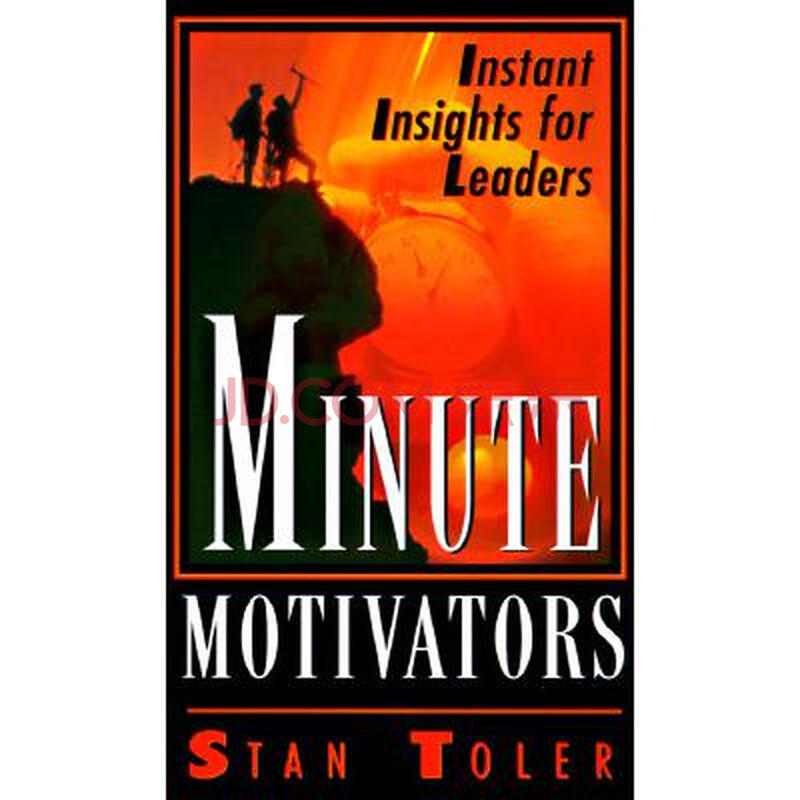
Interview Questions and Selection Criteria Used by Crypto Prop Firms
“Where skill meets speed, and conviction turns into profit.”
Picture this—you’ve just stepped into the lobby (or logged into the Zoom room) of a top-tier crypto proprietary trading firm. You know they’re managing seven-figure portfolios, hunting opportunities in milliseconds across markets ranging from Bitcoin and Ethereum to Forex, stocks, indices, options, and commodities. You’re not the only candidate. And what’s going to set you apart in the eyes of these firms? The questions they throw at you and whether you meet the razor-sharp selection criteria they live by.
What They’re Really Looking For
At their core, crypto prop firms aren’t hunting for “traders” in the loose sense—they’re looking for market athletes. High-performance thinkers. People who can hold their composure in volatile conditions. The interview questions aren’t random—they’re designed to measure the attributes needed to survive and thrive in a market that sometimes moves faster than your Wi-Fi.
Typical prompts could range from:
- Market Scenarios: “If Bitcoin’s price drops 7% in two minutes after a major regulatory headline, what’s your immediate move?”
- Quant Problem-Solving: Math puzzles or probability questions that test reaction time and logical accuracy under stress.
- Strategy-Specific: “Describe a spread trade between ETH and BTC and how you would manage risk in a sudden liquidity crunch.”
- Behavior Check: “Tell us about a trade you regretted and how it changed your decision-making.”
These aren’t just tests of your technical knowledge—they reveal your thinking style, emotional resilience, and how well you can turn complexity into clarity in an instant.
The Selection Criteria That Matter
The short version: it’s never just about knowing charts. Many skilled chart readers fail because they can’t manage risk or adapt under pressure. What prop firms want tends to revolve around a few pillars:
- Risk Management Mindset: If you can’t protect capital, you can’t grow it. Candidates often need to explain max drawdowns they allow, how they size positions, and how they avoid overtrading.
- Cross-Market Awareness: Crypto never sleeps, but neither do Forex, stocks, or commodities. Firms prefer traders who understand how these markets influence each other—BTC reacting to USD index moves, ETH following tech stock sentiment, gold as a hedge when risk appetite fades.
- Technological Fluency: Knowledge of trading algorithms, order routing, and even basic coding skills. With DeFi and smart contracts evolving, someone who can interact with both centralized and decentralized venues is ahead of the curve.
- Performance Under Pressure: Simulated trading tests are common—sometimes run live—mapping every click you make.
Why This Industrys Future Is Big
Crypto prop trading isn’t a bubble—it’s becoming a hub that blends the best of high-frequency stock trading with the flexibility of decentralized finance. As DeFi protocols grow beyond lending and swaps, firms see opportunities in AI-driven price prediction and automatic execution via smart contracts—meaning tomorrow’s prop trader might have one foot in human intuition and another in machine orchestration.
Compared to traditional asset classes, crypto offers two advantages for prop firms and traders:
- 24/7 Market Access: Opportunities exist at 3 a.m., meaning those with dedication and the right systems can profit when others sleep.
- Correlation Opportunities: Understanding how S&P 500 futures, crude oil prices, and Ethereum gas fees interplay can produce surprisingly asymmetric trades.
Of course, challenges remain—regulatory uncertainty, fragmented liquidity pools, and the herding effect in crowded trades. But firms that hire talent with adaptability and broad-market literacy tend to navigate these better.
Reliable Strategies You Might Be Quizzed On
If you walk into an interview saying “I just buy the dip,” you’ll likely walk out unemployed. The serious candidates talk about:
- Pair trading between correlated cryptos.
- Gamma scalping in volatile options markets.
- Rotating capital across crypto, equities, and commodities based on macro catalysts.
- Using algorithmic bots that can handle flash crashes or thin order books without panic selling.
And more than just explaining what their strategies are, they can walk through why their risk controls work in varied conditions.
Decentralized Finance & Tomorrow’s Landscape
DeFi isn’t just a trend—it’s a frontier. The rise of automated market makers, flash loans, and tokenized assets means selection criteria may soon include comfort with wallet security procedures, yield farming mechanics, and gas fee optimization. As AI gets sharper, we may see “hybrid trading teams” where human traders partner with AI decision engines in real-time—making the selection process even tougher and more specialized.
The Prop Firm Pitch
For the firms, it’s a simple yet demanding ethos: “Fast mind, fast trade, no hesitation.” They know that markets reward those who can process chaos into clear, actionable plays. If you’re interviewing, show them you’re not just riding trends—you’re reading the underlying heartbeat of the market. Show them you can switch from crypto to commodities in seconds, and that your discipline isn’t shaken by a sudden 15% candle on an altcoin.
In this space, being good is not enough. You need to be adaptable, quant-minded, and ready to embrace tech that will redefine finance. Because in a crypto prop firm, the next big move could come while the rest of the world is still asleep.
If you want, I can also put together a mock set of 10 actual prop trading interview questions so you can get an edge like you’ve already stepped into that Zoom room. Want me to prepare that?

